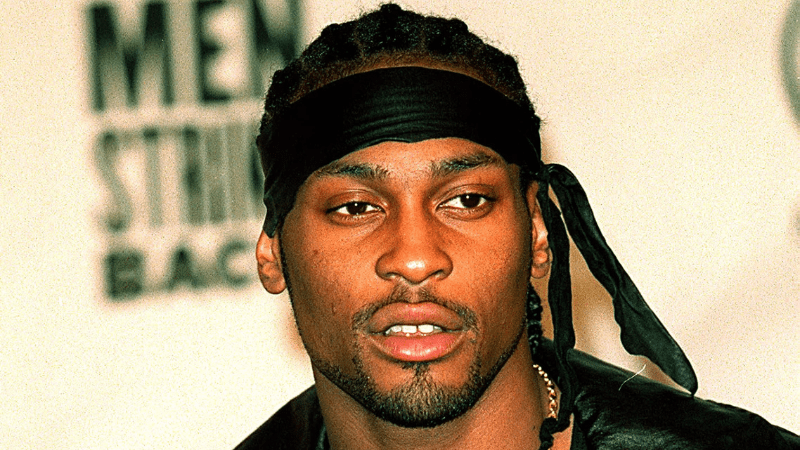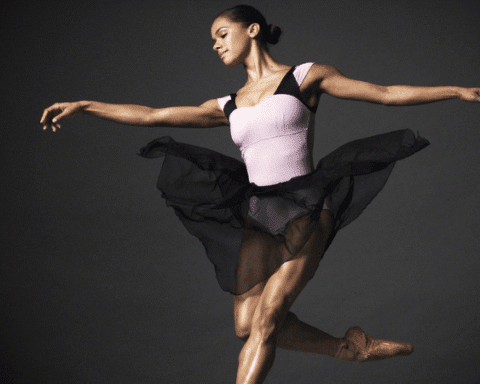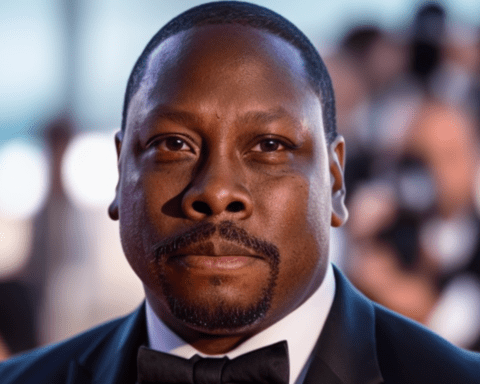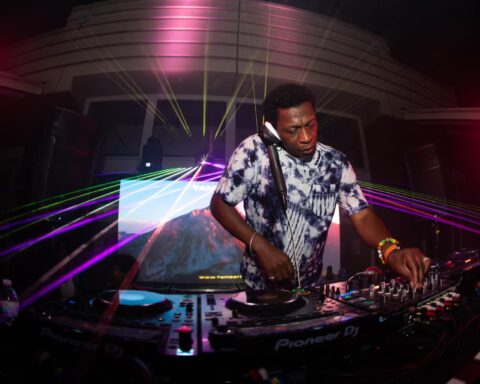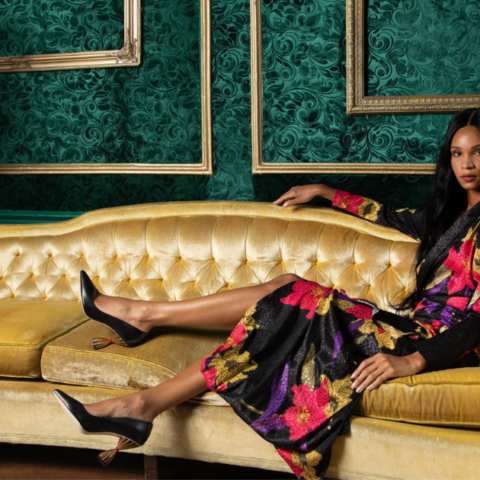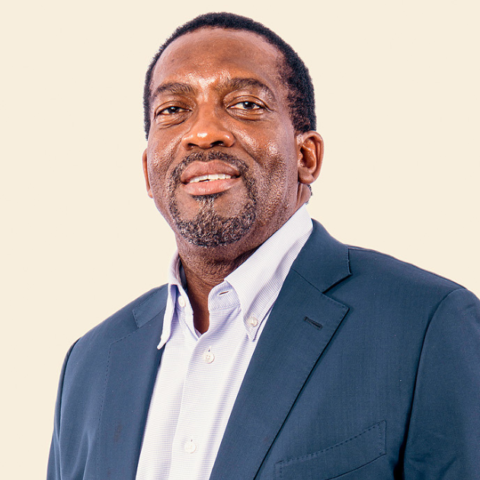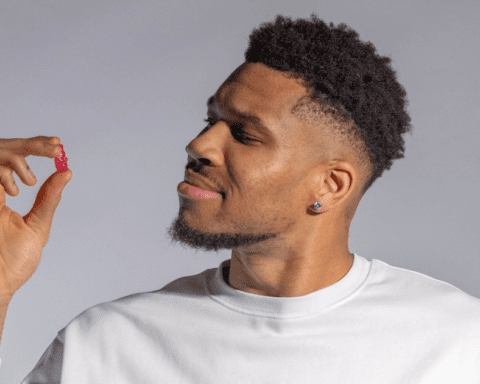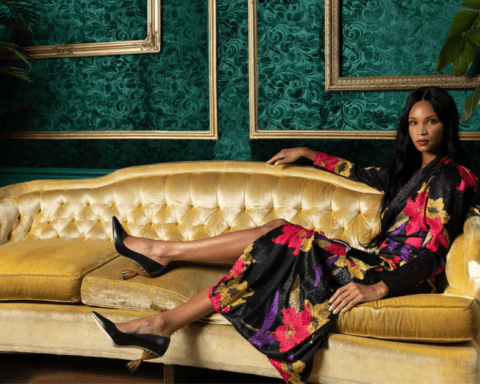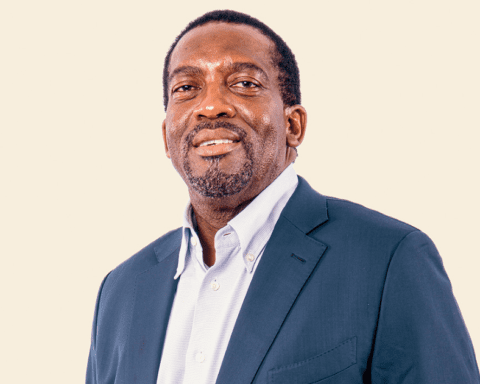Michael Eugene Archer, known to the world as D’Angelo, has died at the age of 51 after a private battle with pancreatic cancer.
The Grammy-winning R&B and neo-soul pioneer was more than a musician. He was a movement.
His blend of sensuality, spirituality, and vulnerability reshaped modern soul and inspired a generation of artists to honor the roots while reinventing the sound.
From Richmond to Reverence
Born February 11, 1974, in Richmond, Virginia, D’Angelo grew up in a deeply musical home. By age three, he was playing piano at his father’s church, steeped in gospel and rhythm.
As a teenager, he began writing and performing locally, showing the early spark of a generational talent.
He first gained attention in 1994 when he co-wrote “U Will Know” for the R&B supergroup Black Men United, an anthem celebrating unity and self-determination.
The following year, he made his solo debut with Brown Sugar and became the face of a new sound.
The Birth of Neo-Soul Royalty
Released in 1995, Brown Sugar marked a cultural shift. D’Angelo fused classic soul with hip-hop grooves and live instrumentation, creating a sound that felt both timeless and fresh.
Songs like “Lady” and “Brown Sugar” became instant classics, helping to define what would later be called the neo-soul movement alongside artists such as Erykah Badu, Maxwell, and Lauryn Hill.
The album went platinum and established D’Angelo as one of the most important R&B artists of his generation. Yet even at his peak, he seemed more focused on the craft than on celebrity.
Artistry and the Weight of Fame
His 2000 album Voodoo cemented his legacy. The project debuted at No. 1 on the Billboard 200, won two Grammys, and showcased his fearless approach to rhythm and arrangement.
The haunting single “Untitled (How Does It Feel)” became iconic, though its steamy video cast an unwanted shadow over his artistry.
The fame that followed became overwhelming, and soon after, D’Angelo quietly stepped away from the spotlight.
Retreat and Resurrection
For more than a decade, he lived largely out of public view, battling personal challenges while his influence continued to grow stronger.
His sound became a blueprint for a new wave of artists, including Frank Ocean, Anderson .Paak, Solange, and H.E.R.
In 2014, D’Angelo reemerged with Black Messiah, a surprise release that captured the tension and urgency of its time.
The album’s fusion of funk, gospel, and protest made it one of the most acclaimed records of the decade and reaffirmed his unmatched creative depth.
The Final Chapter
D’Angelo passed away on October 14, 2025, in New York City, surrounded by family. His loved ones described him as “a shining star” whose light will never fade.
He is survived by his children, including a son with late R&B singer Angie Stone, who tragically died earlier this year in a car accident.
A Legacy Beyond Sound
D’Angelo’s story is one of brilliance, struggle, and quiet resilience. He showed that true artistry means following your own rhythm, even when it defies expectation.
His music was intimate and universal, sensual and sacred, personal and political.
He was the reluctant superstar, the man who redefined soul and then stepped back to protect his spirit.
And in doing so, he left behind something rare: music that will outlive every trend, still capable of stirring the soul of anyone who listens.

